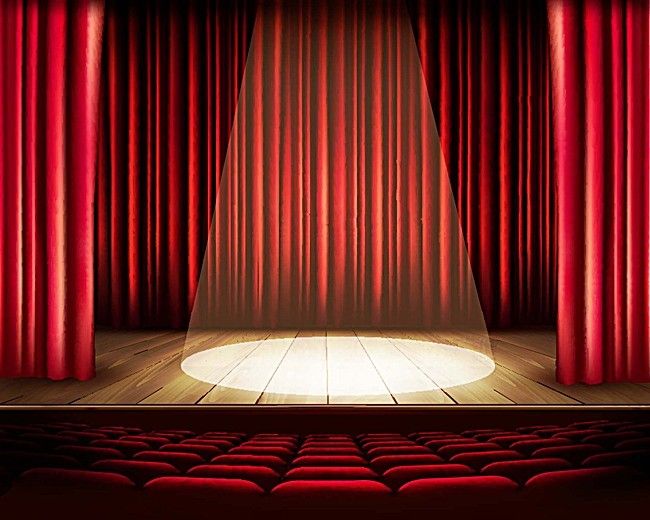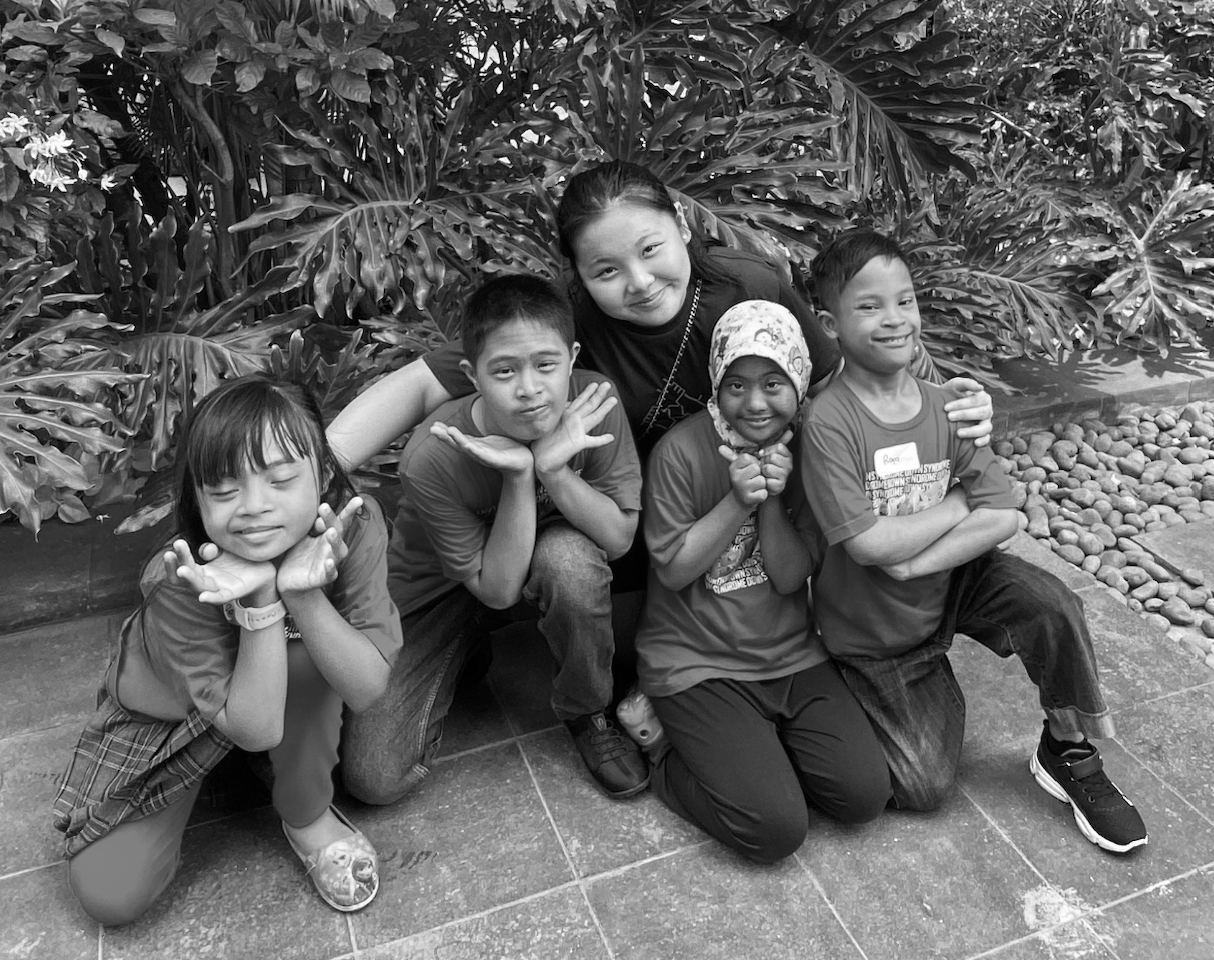
“Our kid is different from the rest.’
Irma, a doting mother of Bachtiar, a 27 year old with Down syndrome, opens up about the struggles and persisting stigmas surrounding individuals, like her son, who have Down syndrome.
“They’re different not because they are, but because that’s what everyone has made the world to believe.”
Down syndrome is one of the most common chromosomal disorders, occurring in an estimated 1 in 1,000 babies born each year. Due to the developmental delays and recognizable facial structures, Down syndrome individuals are stigmatized and viewed on a lower standing than many.
Worthless. Burdensome. Defected.
These are common words thrown around by a public consensus that perpetuates the misbelief of an identity less deserving of the inherent rights given to mankind.
In these unprecedented times, Irma shares a heartbreakingly honest concern. “We’ve been cautious about the virus, and Bachtiar has been staying at home. A part of me worries if being away from the public eye for so long would make him more anxious when returning to it,” she says.
Covid-19, a word that transcends every border, an unforgiving virus that for some, has temporarily driven people into isolation. However, for others, it has permanently separated families and friends. Therefore, to thank the pandemic is an overly optimistic assertion – disregarding the disconnection, devastation and distress that inflicted many.
The pandemic brought to light a critical realization – the unparalleled need for globalized human solidarity. This march towards pursuing human solidarity is a call for endurance that is still a work-in progress. It can only be achieved through addressing the persistent inequalities that build our social constructs. Inequality is an inequality if it leaves any human behind.
Equality? No, that would be too easy wouldn’t it!
For years, governments and advocacy agencies have stressed the significance of equality – the need to provide equal resources and opportunities. So if inequality is no longer a hidden secret, why is it still treated as one?
Many have gone deeper to explore the complexity with the seemingly homogenous concept of equity – the need to recognize that different bodies of society have ranging starting lines, which affects the subsequent allocation of resources and opportunities in striving to reach equilibrium.
Yet the reality is that we’re not reaching either. Down syndrome individuals are not given equal opportunities, and certainly not more opportunities. Individuals with Down syndrome have been marginalized, excluded and targeted for societal discrimination in the general public, education system and employment work force.
“Bachtiar applied for over 20 jobs in the past two years. Not once was he formally accepted” says Irma.
Bachtiar is a bright young adult with the drive to be a productive contributor to society. Sadly, his attempts are often left unanswered. At the age of 27, many are expected to have graduated college, and be involved in searching for that job they’ve always wanted. Yet this door is bolted shut for some.
An investigation conducted by the The Royal Mencap Society found that “65% of people with learning disabilities – including, though not limited to, Down’s syndrome – want to work, but fewer than 20% of those of working age are currently in employment.”
Irma explains that some companies did attempt to justify their decision around the tangencies of high expectation of physical labor, efficiency and teamwork – all areas that are perceived to be impossibilities for Down syndrome individuals. A key question arises, how can we deviate from this seemingly immutable future for the Down syndrome community?
Recycling The Cycle
Understanding the constituents of this destructive cycle of discrimination comes first.
The earlier case at hand regarding the in-accessibilities of opportunities for individuals with Down syndrome is a symptom of a greater diagnosis. Though multitudes of factors contribute to certain decisions, one is clearly rooted in the stigma of Down syndrome individuals as incapable burdens. This prejudice is often consciously or subconsciously acted upon, whether executed through barriers built in the corporate world or evident discriminative acts seen in daily life. The cycle however, doesn’t end here.
When our world imposes these barriers that leave individuals with Down syndrome with the inability to unlock their full potential, such as the limited opportunities in the workforce sector, the cycle is perpetuated as growing masses of individuals refrain from seeing them as productive and deserving members of society. This ultimately recycles the cycle.
The Stage is Theirs to Share
Irma adds, “It’s about time people realize that my son, and those like him, are specially gifted. They can do so much, they have so much to give, if only they are given the opportunity to show these gifts.”
Bringing to light those who have been systematically kept backstage is the common goal. The baton must be rightfully passed to our friends with Down syndrome. It is time to truly unlock their potential and believe in them as worthy architects and dictators of their own bright future. One way this can be done is through curating opportunities to help showcase the unmatched talents and gifts of individuals with Down syndrome.
Through a non-profit organization established at the age of 13, it has been my joy to see the beauty in the once unseen. Ratri, an aspiring painter, was able to bring her canvas to life, and collaborated with Zeina, a young fashion designer, to create a fashion line. Furthermore, we have successfully linked our friends with Down syndrome to complete successful internships with the national airline, Garuda Indonesia, modelling and contributing to a growing line of renowned merchandise across regions.
“I hope that soon, very soon, the public can recognize these struggles and fight against discriminative stigmas towards individuals with Down syndrome” comments Irma.

Changing the World: What does that mean?
Changing the world is often synonymous with helping others, serving others, or being the next social entrepreneur to create a revolutionary start up. Yet, our utopian expectations and goals of “changing the world” in truth stem from somewhere more localized, closer to ourselves.
Since elementary school we learn, “put yourself in someone else’s shoes.” Conditions like Down syndrome, can be quite challenging to empathize with, as it affects a smaller minority in comparison to mainstream media highlights pertaining race, poverty and gender. However, by no means is it a legitimate excuse to inaction. The first step in accomplishing true progress and positive change starts from one’s eyes. When lives are lived through filtered lenses focused on the differences and weaknesses of others, we are blinded from seeing the beauty and uniqueness in one another.
Collective progress starts from individualized progress – the views we hold of others, the untapped stories we are willing to be first-readers of.
Irma extends an invitation for all of us: “Truly get to know them first, before you act like you know everything about them.”

